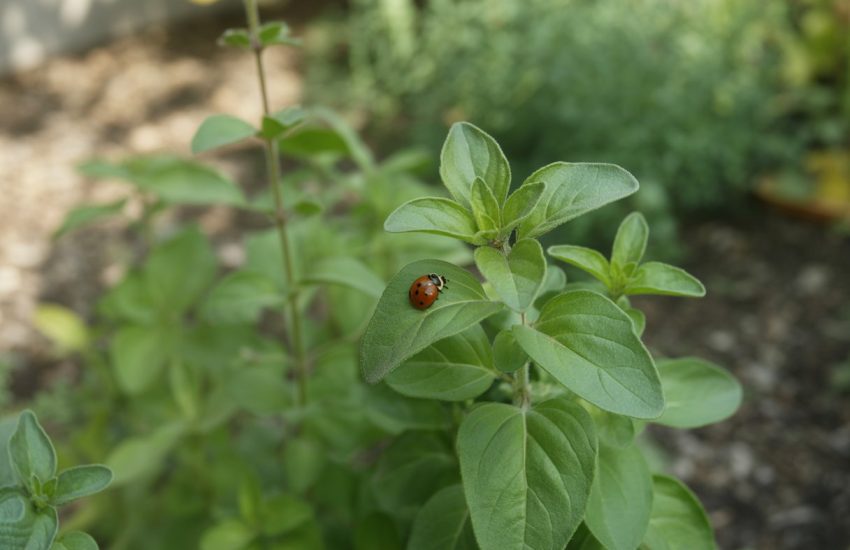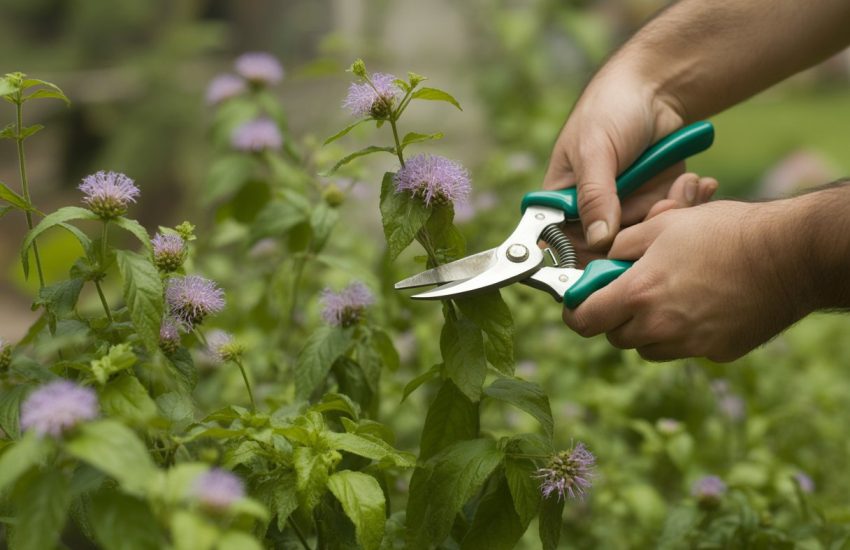How to Care Lawn in Winter – Best Tips for Your Garden
Last updated: February 6, 2026
Taking care of your lawn in the winter can be very tedious. It is much more different than taking care of your lawn and grass in summer or spring but in a good way as it requires much less work than normal. Because it is impossible to do some of the work you do in the summer during the winter months. However, you do not want to ignore taking care of your lawn completely.
In this article, I will give you 9 critical tips for taking care of your lawn in the winter so that you can preserve your amazing lawn for the summer.
1: Knowing Snow’s Effects on Your Lawn
As it is the first thing that comes to mind about winter, the first tip is about snow. At first, you might think that snow is hurtful to your lawn, but this, for the most part, is not true. Snow during winter can be a great insulator for your lawn in winter and can help you take care of your lawn and protect your grass from flash freezing and such. Also, as the snow is porous, oxygen can still reach the grass under the snow. One thing to note though, is that if too much snow accumulates on top of the grass, it can become ice, crushing it. This could be detrimental to your lawn. This is one of the most important tips for taking care of your lawn.
2: How to Aerate Your Lawn
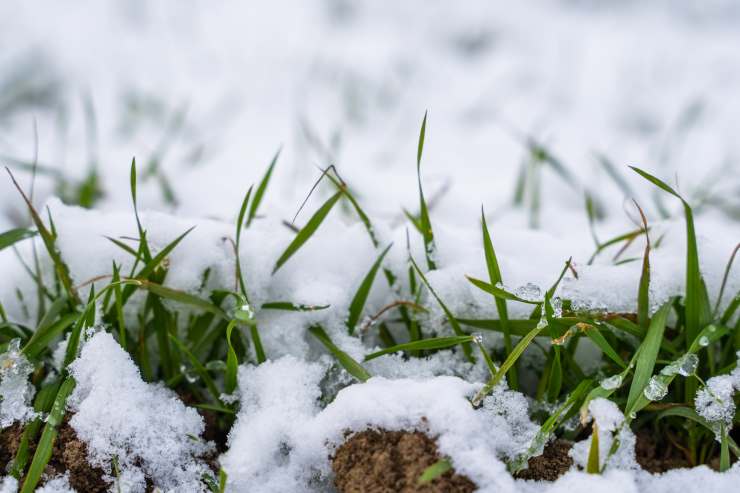
Another very important step to take care of your lawn in the winter is aeration, which is extremely important for your lawn health. It allows your grass to breathe before the wintertime. Also, aeration helps eliminate compaction in the dirt during warmer times of the year. This is also great, as to take care of your lawn in the winter, you need that to go away, as compaction decreases infiltration in the soil. This is also one of the most important tips for taking care of your lawn and grass in the winter.
3: How to Choose Your Grass Type
Your grass type is extremely important for your lawn’s health in the winter months. You must choose your grass type according to your region because, like any other plant, they have their climate preferences. Some can be more resistant to drought while some can easily handle winter conditions. Choosing yours according to your climate conditions can substantially affect your lawn’s general health all year round.
4: How to Fertilize Your Lawn in Winter
Another one of the important tips for you to care for your lawn to a healthy state in the winter is fertilization. Fertilizing your lawn just before wintertime gives the plant roots time and space to absorb and store the required nutrients to survive the winter. In the winter the grass uses these stored nutrients to nourish itself and be green and beautiful properly. This also helps it to resist several diseases and pests as well. Of course, thanks to your care.

Another important thing to consider in the winter is the fertilizers you use. The fertilizer you are going to use for the winter should have adequate amounts of nitrogen in it. If you don’t supply your grass with enough nitrogen, it will die out before winter ends. The fertilizer also should contain an adequate amount of carbohydrates for the grass to use throughout winter. You should take care of this if you want to take care of your lawn in the winter.
5: How to Cut Your Grass
Before the winter, if you want to take care of your lawn, you should cut them adequately. Using a lawnmower, your grass should be cut about 5 centimeters tall, as smaller sizes could affect its health, so you should never cut it lower than 5 centimeters. Cutting it this tall also reduces the risk of snow mold in the winter. It also increases air movement between soil and the air, keeping excess moisture away. Also, if you do this, your lawn will look much better in winter or summer.
6: How to Clean Your Lawn
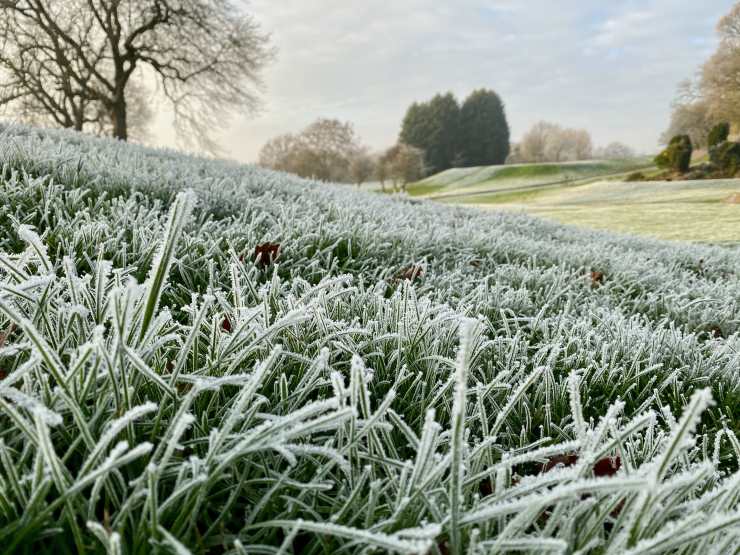
A small but important task, clean off your things like left-around tools, sticks, or general unnecessary things before the snow or the cold hits with the winter so that they can’t trap any moisture and cause fungus issues. Leaves also pose a huge problem for your lawn as they trap moisture, so raking it is important. If this is not taken care of, it might cause fungus issues. There is another thing you can do with leaves: crumple them into small pieces and spread them around your lawn as a sort of fertilizer as they decompose quickly and feed your grass with necessary nutrients. But you should be careful as too many leaves on your lawn will be detrimental.
7: How to Water Your Lawn
Even though you are in the winter and should still water your lawn as snow and ice are not in liquid form, your lawn can experience drought in winter because no liquid water contacts the soil. So some irrigation during the winter is essential for your lawn’s health. About a centimeter of irrigation will be good for your lawn, even in winter.
8: How to Maintain Your Equipment
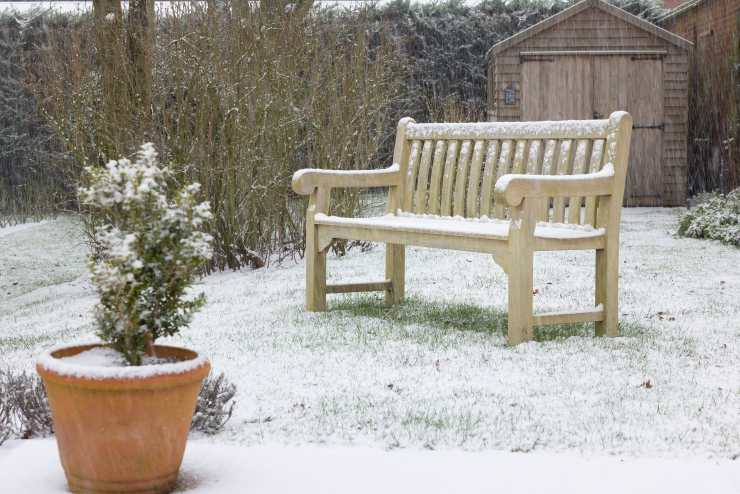
Always use some time in the winter months to take care of your equipment as they will be doing much less work and will be free to be taken apart to fix them. For example, sharpen your lawnmower’s blades, rest your trimmers, and sharpen your tools. Doing these in the winter can save you time in the summer when you will be much more active in preserving your lawn.
9: How to Plan and Prepare for Your Lawn
One of the most important and easiest tips is to prepare ahead of time. Outside winter months, you should always plan ahead and have a plan for your lawn before winter arrives. And when the winter is close make sure you put your plan into action before the first cold and frost arrive.
To sum it up, if you stick to most of these tips that will help you maintain your lawn, you can surely expect long time health benefits. These will also be a great starting point for improving if you are just starting. Furthermore, if you had an accident or a disaster such as a flood or fire, these will also be very beneficial for you to base your things and behavior anew.
You may also be interested in:
Centipede Grass: How to Plant, Grow & Care
Bermuda Grass: How to Plant, Grow & Care
 Looking for a nursery that carries native plants?
Looking for a nursery that carries native plants?
Browse our native plant nursery directory

